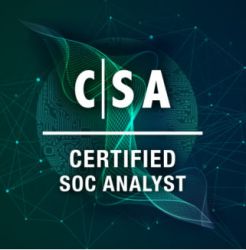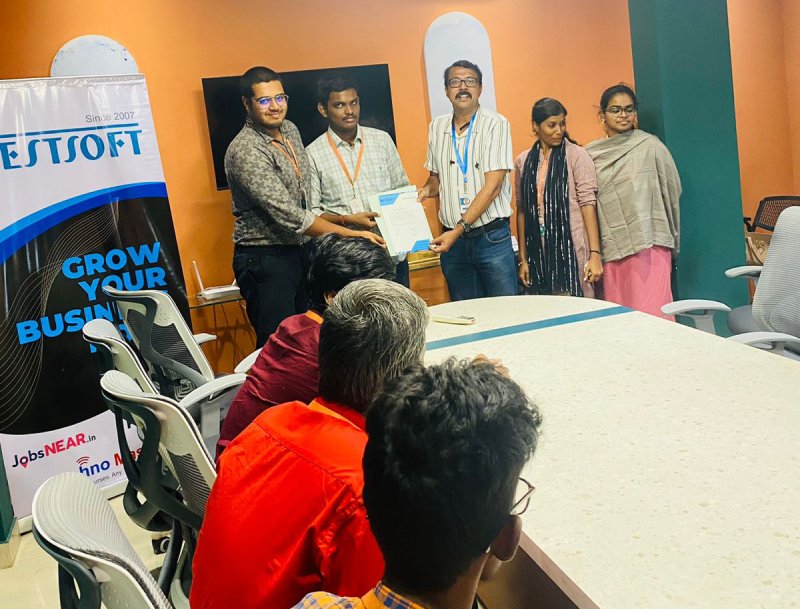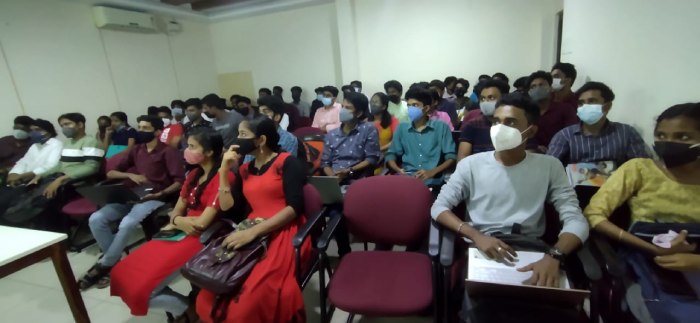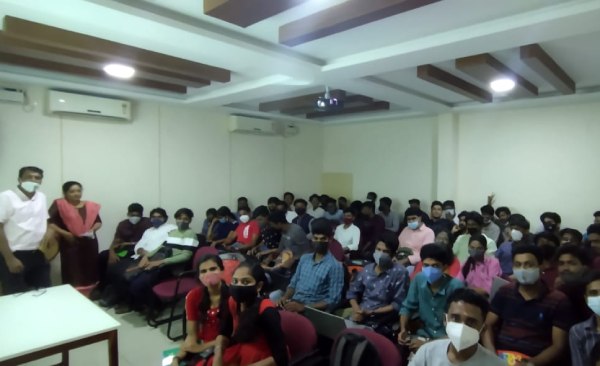SOC Analyst Training by Experts
Our Training Process

SOC Analyst - Syllabus, Fees & Duration
Introduction to Cybersecurity
- Basics of cybersecurity
- Common cyber threats and attack vectors
Networking Fundamentals:
- Understanding TCP/IP
- Network protocols
- Firewalls, routers, and switches
Operating Systems
- In-depth knowledge of Windows, Linux, and possibly macOS
- File systems and permissions
Security Technologies
- Antivirus and anti-malware solutions
- Intrusion detection/prevention systems (IDS/IPS)
- Security information and event management (SIEM) systems
Incident Response
- Incident detection and analysis
- Incident classification and escalation
- Incident documentation and reporting
Threat Intelligence:
- Understanding threat intelligence
- Integrating threat intelligence into daily operations
Security Monitoring:
- Log analysis
- Network traffic analysis
- Endpoint security monitoring
Vulnerability Management
'- Identifying and prioritizing vulnerabilities
- Patch management
Security Policies and Compliance
- Understanding security policies and procedures
- Compliance standards and regulations
Hands-on Labs and Simulations
- Practical exercises & simulations for real scenarios
- Use of cybersecurity tools in a controlled environment
Soft Skills
- Communication and collaboration
- Analytical thinking and problem-solving
This syllabus is not final and can be customized as per needs/updates





 Additionally, ongoing professional development is often recommended to keep SOC analysts updated on the latest threats and technologies. . Stay updated on changes in cybersecurity laws and regulations. Prioritize and address vulnerabilities to reduce the risk of exploitation. Utilize threat intelligence to proactively defend against emerging threats. Collaboration with IT Teams:Work closely with IT teams to integrate security measures into the development and maintenance of systems and applications. Security Audits and Assessments:Conduct security audits and assessments to evaluate the effectiveness of security controls. Threat Intelligence Analysis:Stay informed about current cyber threats and trends.
What does a cyber security analysts do?
A cybersecurity analyst is a professional responsible for protecting an organization's computer systems and networks from security breaches and cyber threats. They need to stay updated on the latest cyber threats, security technologies, and industry best practices to effectively address the evolving landscape of cybersecurity risks.
Additionally, ongoing professional development is often recommended to keep SOC analysts updated on the latest threats and technologies. . Stay updated on changes in cybersecurity laws and regulations. Prioritize and address vulnerabilities to reduce the risk of exploitation. Utilize threat intelligence to proactively defend against emerging threats. Collaboration with IT Teams:Work closely with IT teams to integrate security measures into the development and maintenance of systems and applications. Security Audits and Assessments:Conduct security audits and assessments to evaluate the effectiveness of security controls. Threat Intelligence Analysis:Stay informed about current cyber threats and trends.
What does a cyber security analysts do?
A cybersecurity analyst is a professional responsible for protecting an organization's computer systems and networks from security breaches and cyber threats. They need to stay updated on the latest cyber threats, security technologies, and industry best practices to effectively address the evolving landscape of cybersecurity risks.


















































































